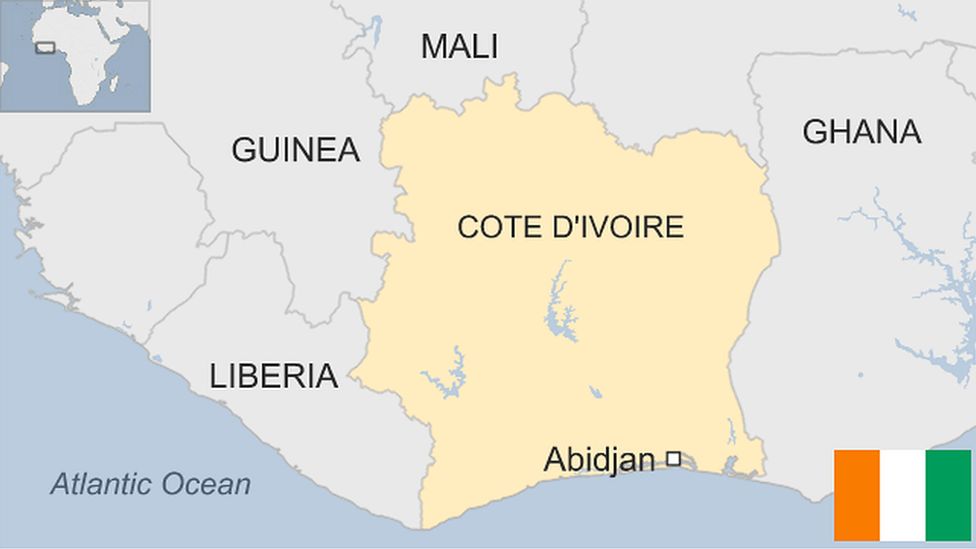Early this week, President Obasanio was in Lome, Togo to hold a meeting with other West African heads of state, in a continuing effort to find a way out of the logjam that has characterised the civil war in the Ivory Coast.
Just yesterday, another meeting of the French-speaking countries of the sub-region was spearheaded by the Senegalese leader, Abdoulaye Wade.
When the civil war started in September as an uprising of demobilised soldiers or an attempted coup d’etat, not many people would have believed that the events were to spiral into a full blown crisis that has claimed hundreds of lives and the internal and external displacement of thousands of people, with the potentials to affect the entire West African sub-region.
The consternation. that has trailed the Ivorien crisis has largely been related to the reputation which the country has built up over the previous decades as the hub of economic activity of West Africa, and one of the most stable countries in a coup-prone region of Africa.
But the economic miracle was built on the production of cocoa and other economic activities which drew Africans from the neighbouring countries into a process of cheap labour under the dictatorship of the late President Houphouet Boigny. Unfortunately, the economic bubble was to burst with the death of Boigny and the succession of an incompetent Conan Bedie and the disastrous military intervention of Robert Guei.
Unable to find a way to restore the vibrancy of the economy and faced with the heightening expectations of the people, the successive regimes, including the nominally democratic regime of President Laurent Gbagbo, have been mobilising around a very chauvinistic concept of “Ivoirite”, which has divided the country and provided the backdrop for the festering crisis.
Another piece of the jigsaw was the fact that Ivory Coast had become gradually sucked into the different civil wars fought in the sub-region in Liberia and Sierra Leone; most of the time playing a negative role, especially against the efforts that the sub region put into the ECOMOG intervention initiatives.
The crisis has all the ingredients of a sub-regional tragedy which must not be allowed to reach full steam. It was President Obasanjo who said in an interview with the CNN that Gbagbo needs to be saved against himself. We believe the only way to help Gbagbo and Ivory Coast is to negotiate a ceasefire, enforce it and get the sides to the negotiating table to disentangle the democratic process which has inbuilt clauses of injustice against many sections of the Ivorien society.
It is quite shameful that the country which used to be the lodestar of West African economic success can reach its present sorry pass. It shows once again that nation building and economic development are processes that must be all-inclusive and democratic, based on the will of all the people of the country.
Exclusivist practices, as the Ivorien example has shown, can only be recipes for disaster. Ivory Coast must be pulled away from the brink by its West African neighbours.


